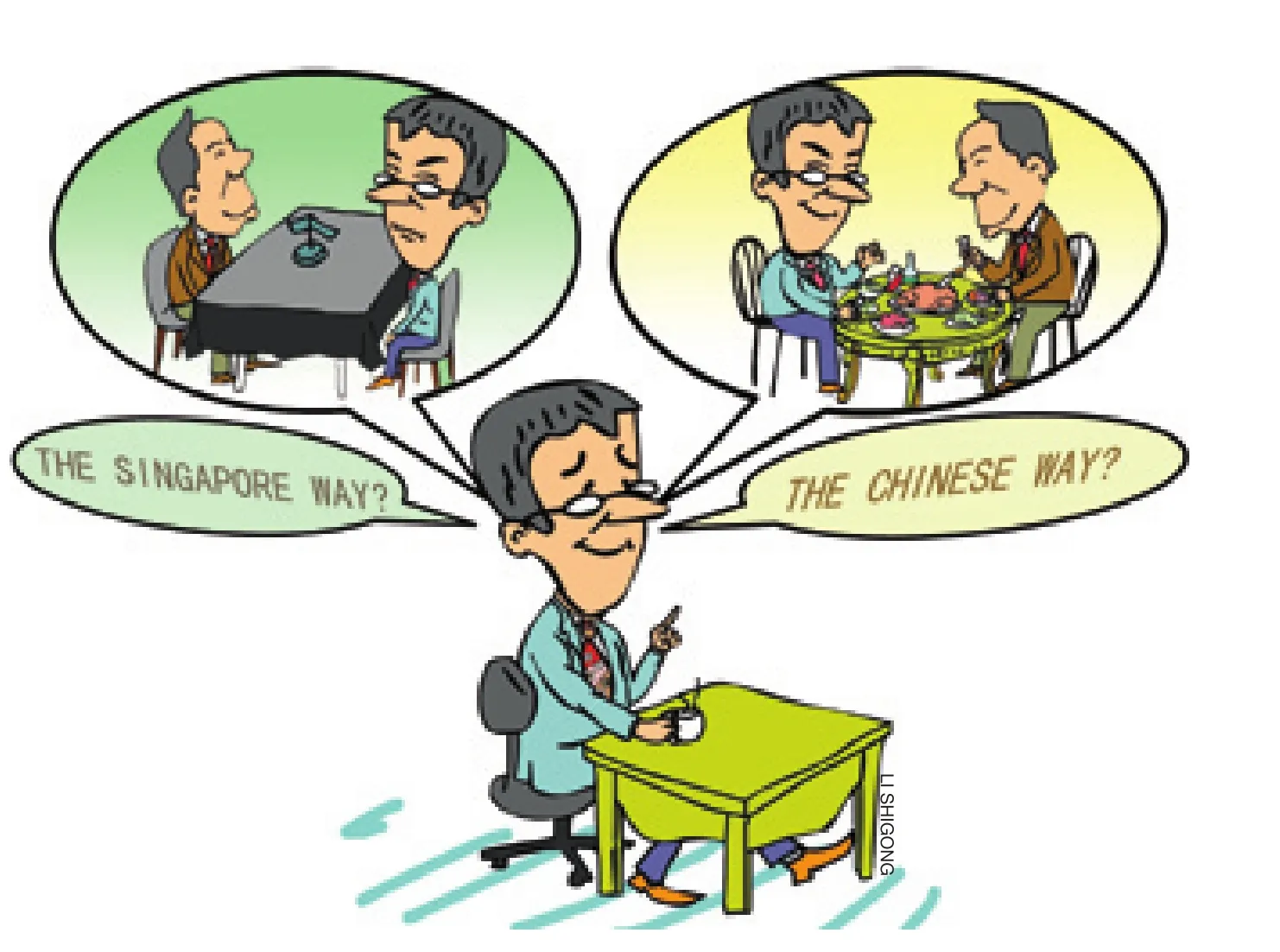China, My Second Home
2011-10-14ByLIMCHIOWANG
By LIM CHIOW ANG
China, My Second Home
By LIM CHIOW ANG
Every day in China, you see things you don’t see elsewhere. For foreigners who uproot themselves and make China their second home, living and working in this land of opportunities and possibilities is anything but easy.
Culturally, my home country, Singapore and China share many similarities but that does not translate into easy comprehension of China’s nuances for a Singapore Chinese. There was an opportunity for me to work in China in the aftermath of the pandemic SARS in 2003 and courageously I made the decision to leave my “comfort zone.”
As a benefciary of Singapore’s bilingual educational policy, my Chinese language though a bit “rusty” came in handy when I frst landed in Beijing. Re-learning Chinese to me was like a duck to water, and within weeks the fuency of my Chinese rose by a notch.
It has been said that travel broadens the mind. However, living as an expat is not the same as being a tourist. On holidays the diverse range of thinking and living expands your mind. Staying in China as an expat for years without the ability to communicate in the host language (Chinese) might actually narrow one’s mind and reduce the chances for new experiences. To this end, I am thankful for my Chinese language profciency which enabled me to experience and soak in China’s culture and its ancient civilization.
Intriguingly Singaporeans will tend to feel more patriotic and protective about our own customs when overseas. Intuitively you will defend or rather explain Singapore’s policies on “no spitting, no littering, no smoking” and many others whenever there is a discourse about Singapore with the local Chinese.
After the initial euphoria about living in“much-talked about China” dies down, it is back to reality and the pressures of work and life can simply sap one’s energy. For me, I felt like a man lost in the forest without a compass, walking in circles and going nowhere.
It took me one full year to fnd my bearings and came to accept that China is vastly different from Singapore, and you have to manage your expectations and not insist on doing things your own (Singapore) way.
When things go well for you, you feel China is indeed a welcoming place. But when things do not, you’re left feeling like a nobody and lonely in this capital of 20 million people. You really have to establish your goals. After a brief sojourn in Chongqing in 2005, I returned to Beijing, and made a fresh start.
Over the years of living in China, I realized Singaporeans are not inherently more honest than our Chinese counterparts. However, our strict rules against corruption and strong law enforcement keep everyone abiding by the rules.
In 2009, I tried my hand in small business with my wife, who is from Beijing. I must admit it was really a humbling experience.
In life nothing proceeds in a straight line and there are many pitfalls along the way even for successful people. After a brief hiatus, my wife and I made a comeback in late 2010 and started running an apparel shop. The second shop opened earlier this year, and a third is planned for the first-half of 2012. Bit by bit, I learned the “ins and outs”of managing Chinese workers. At times you have to take one step back in order to take two forwards.
Years of living in China do not make me “un-Singaporean,” but it does give rise to soul searching on my identity. I suppose this is a common identity crisis confronting Asian diaspora. My passport says I’m from Singapore, but to Chinese people in Beijing, my facial features, outward appearance, and Chinese accent are no different from their counterparts in south China.
Notwithstanding the ups and downs of living away from home, I am glad to be here in China to witness history in the making, to see first-hand the meteoric rise of China’s economy. You have to be in China to know what China is all about.
The author is a Singaporean living in Beijing

